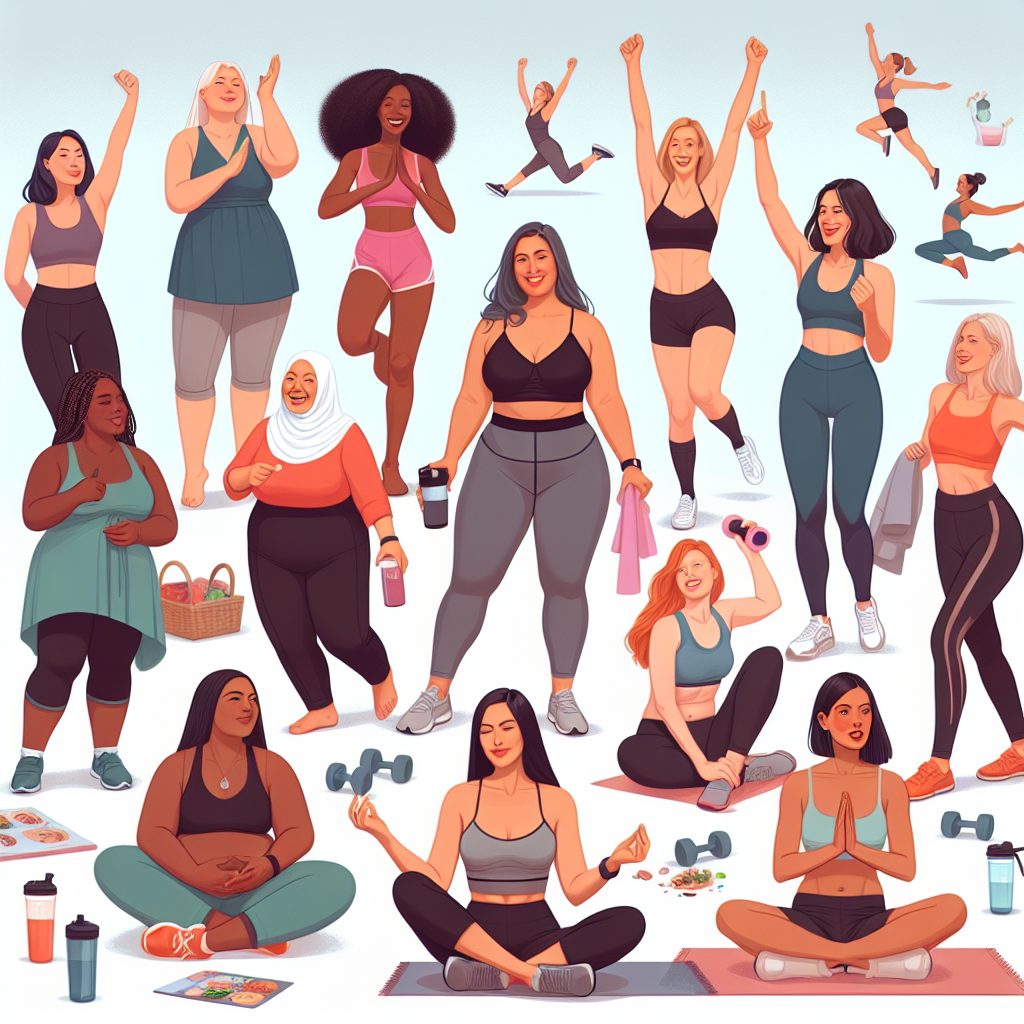What helped me finally quiet the food noise, and how I’ve made weight loss work with AuDHD.
Let’s get something out of the way first:
I am not a wellness girlie. I am not consistent. I forget to eat, then eat everything. I get obsessed with a new plan, then abandon it the moment the novelty wears off. I hate being told what to do. I’ve started and failed at more diets than I can count.
But somehow, I’ve lost 5 stone.
And not through willpower, not through tracking everything, and definitely not through suddenly becoming the kind of person who enjoys quinoa.
The Problem Was Never Just Food
For me (and a lot of neurodivergent people), dieting isn’t just about food choices. It’s a minefield of:
- Food noise: constant intrusive thoughts about what to eat, what not to eat, what I’ll eat next, and what I “shouldn’t” want
- Boredom and dopamine cravings: food is stimulation, comfort, joy, rebellion
- Executive dysfunction: planning meals, shopping, prepping, remembering to defrost things… it’s a lot
- Hormonal chaos: hello PMDD, PMS, and the weekly emotional rollercoaster
- Interest burnout: I’m all in at first, then bored out of my mind when the shiny wears off
I didn’t need more willpower. I needed less noise. Less friction. Less shame.
That’s where Mounjaro came in.
What Mounjaro Changed
Mounjaro is a medication that affects appetite and insulin regulation. It’s not magic, but for me, it made it possible to:
- Hear myself think again – the food noise faded to background static
- Eat slowly instead of inhaling everything in reach
- Feel full and stop, not out of willpower but because I genuinely didn’t want more
- Be choosy – I didn’t want snacks just because they were there
It didn’t make me perfect. I still had days where I ate badly, forgot to move, or spiralled emotionally. But it gave me the space to actually try. It made it feel like I was finally playing on the same difficulty setting as everyone else.
Mounjaro isn’t for everyone. It’s expensive, and it’s not suitable if you have certain health conditions. I’m not here to recommend it to you — but for me it’s been an utter gamechanger.

What Helped Alongside It
1. Saffron
My retired guide dog and my best girl. Getting outside for her, even just for ten minutes, helped me move when I didn’t want to. She’s my emotional support animal, my reason to leave the house, and my gentle accountability buddy.
2. Myzone fitness tracker (and a work challenge)
My job runs a challenge to earn half a day off every 2 months if you hit 2,000 MEPs (Myzone Effort Points) per month. It’s a stretch, but not impossible. The hardest part? Remembering the tracker — so I just leave it on all the time.
That tiny extrinsic reward was the first motivator that actually worked. It wasn’t about burning calories — it was about doing something, consistently, and getting a prize.
I also bought a not-too-spendy walking treadmill for under my home office desk, and it’s honestly been a game-changer. Walking during meetings helps me focus. Letting myself move keeps my ADHD brain engaged — I actually listen better now. I pair it with an affordable standing desk so I can type and walk too.
3. Making peace with “easy” food
I use HelloFresh most weeks. I repeat meals. I eat the same lunch five days in a row. I don’t chase variety anymore — I chase predictability that doesn’t feel like punishment. There is zero guilt in simplicity.
4. Letting go of the clean slate fantasy
I’ve stopped telling myself that tomorrow will be perfect. I don’t need to be perfect. I just need to not give up completely when I have an off day. One bag of crisps doesn’t undo the progress I’ve made.
5. Ditching obsessive tracking
I don’t weigh myself every day. I don’t track all my food. For me, that leads to dopamine chasing and obsession — big highs when the scales drop, followed by burnout when they don’t.
Now, I weigh myself less than once a week, and I only track food if I’ve hit a plateau for a few weeks and want some clarity. It helps keep things motivating without becoming a chore.
6. Actually listening to my body
Turns out, a lot of our food choices are just habits. When the food noise quietened down, I noticed I didn’t crave sweet things anymore — which was unheard of.
But if I followed my usual pattern, I’d still reach for something sugary… and feel unsatisfied. Now I actually want roast chicken and gravy. Who even am I?
If You’re Thinking of Trying Something Similar
I made this blog to help others like me find what actually works for their brain. If that’s you, here are a few other posts you might like:
- What Is AuDHD and What Is audhdlyspecific.com All About?
- Neurodivergent Weight Loss Guide: 7 Small Wins to Help You Start Without Burnout
- An AuDHD Fitness challenge
And if you want to try Mounjaro or learn more about it, [I’ll add my affiliate link: ]. No pressure.
Whatever you choose, just know this:
You’re not lazy. You’re not broken. You’re not failing at willpower.
You might just need tools that were made with your brain in mind.
And that’s exactly what I’m here to share.

